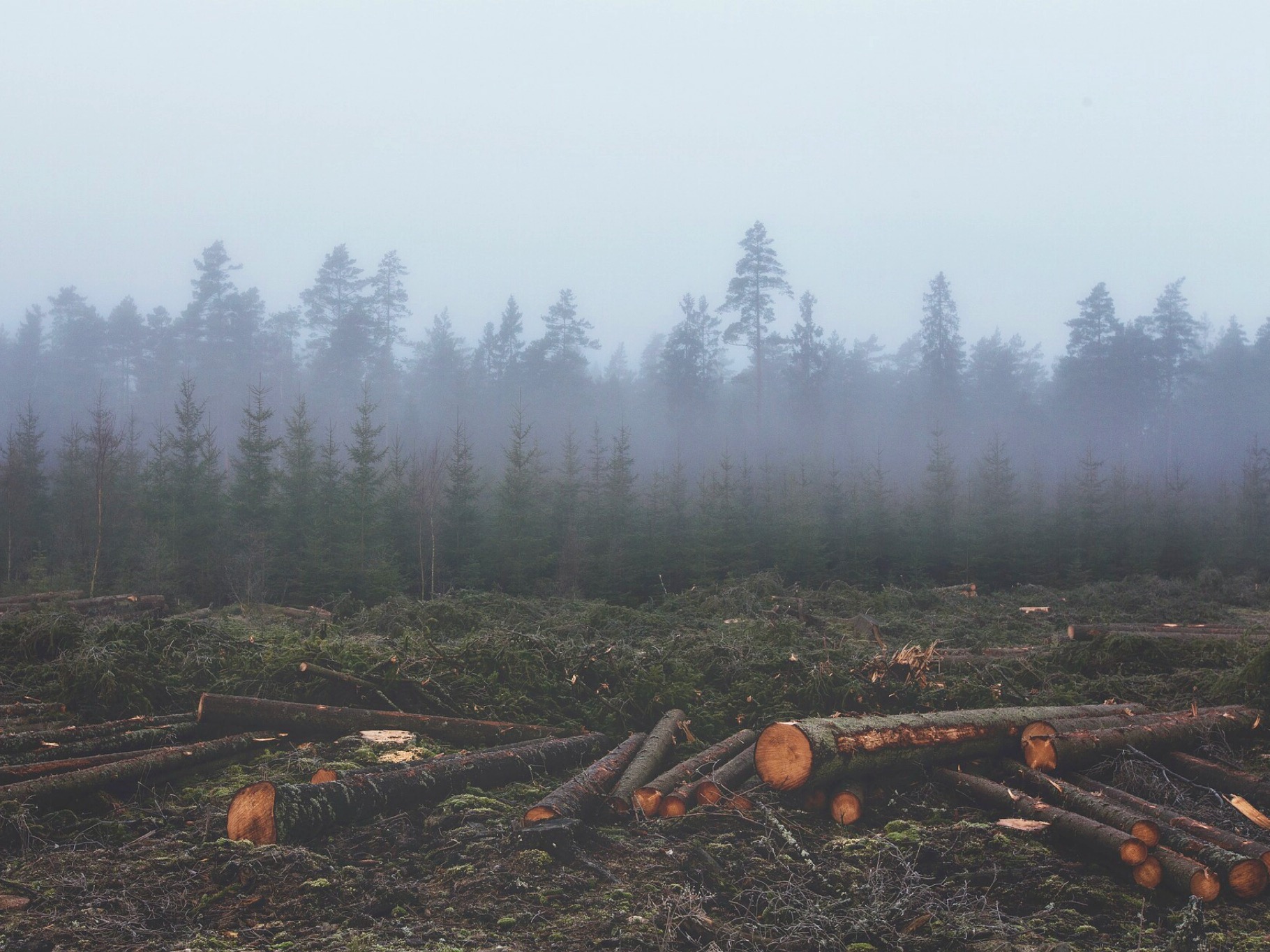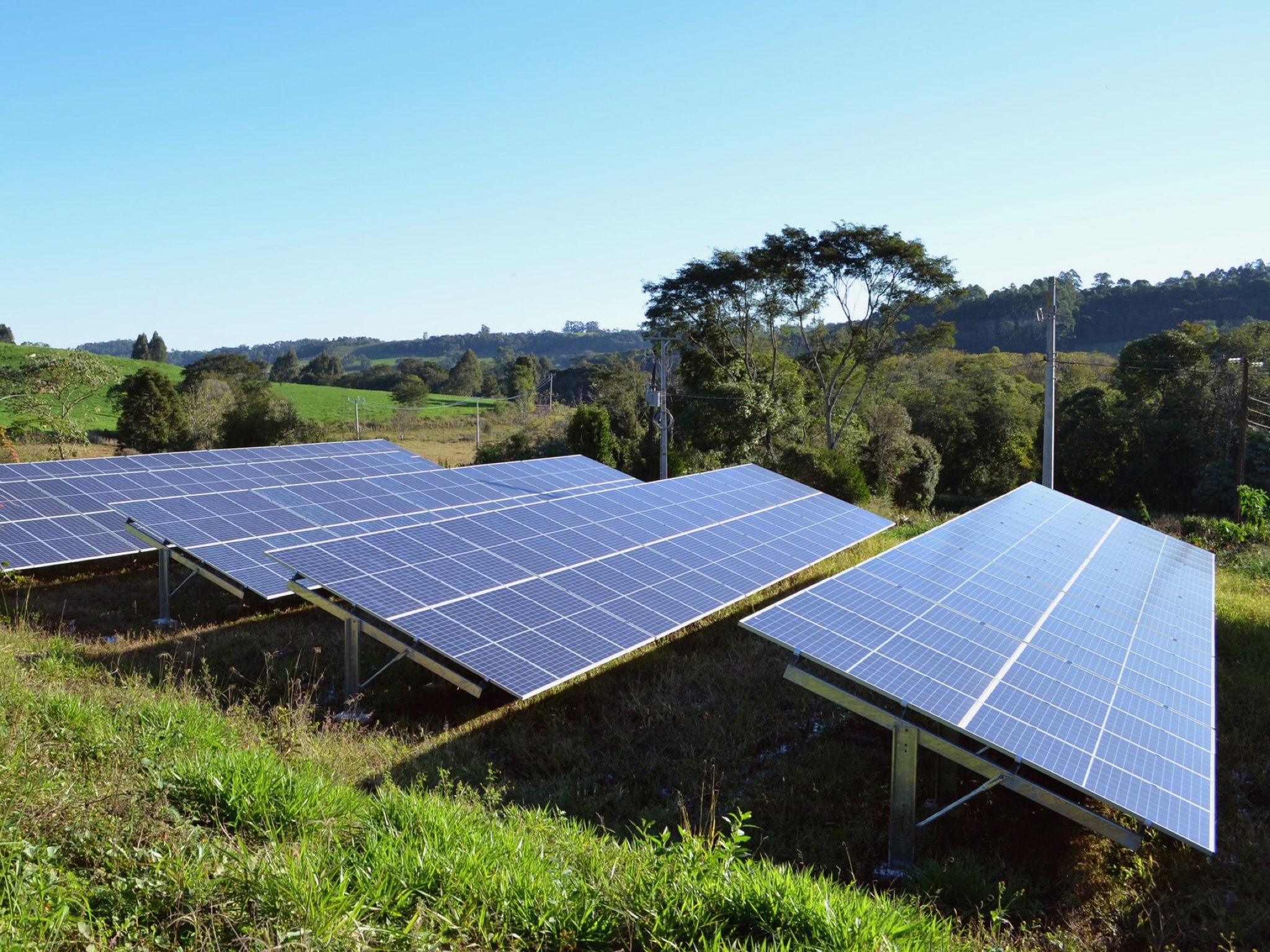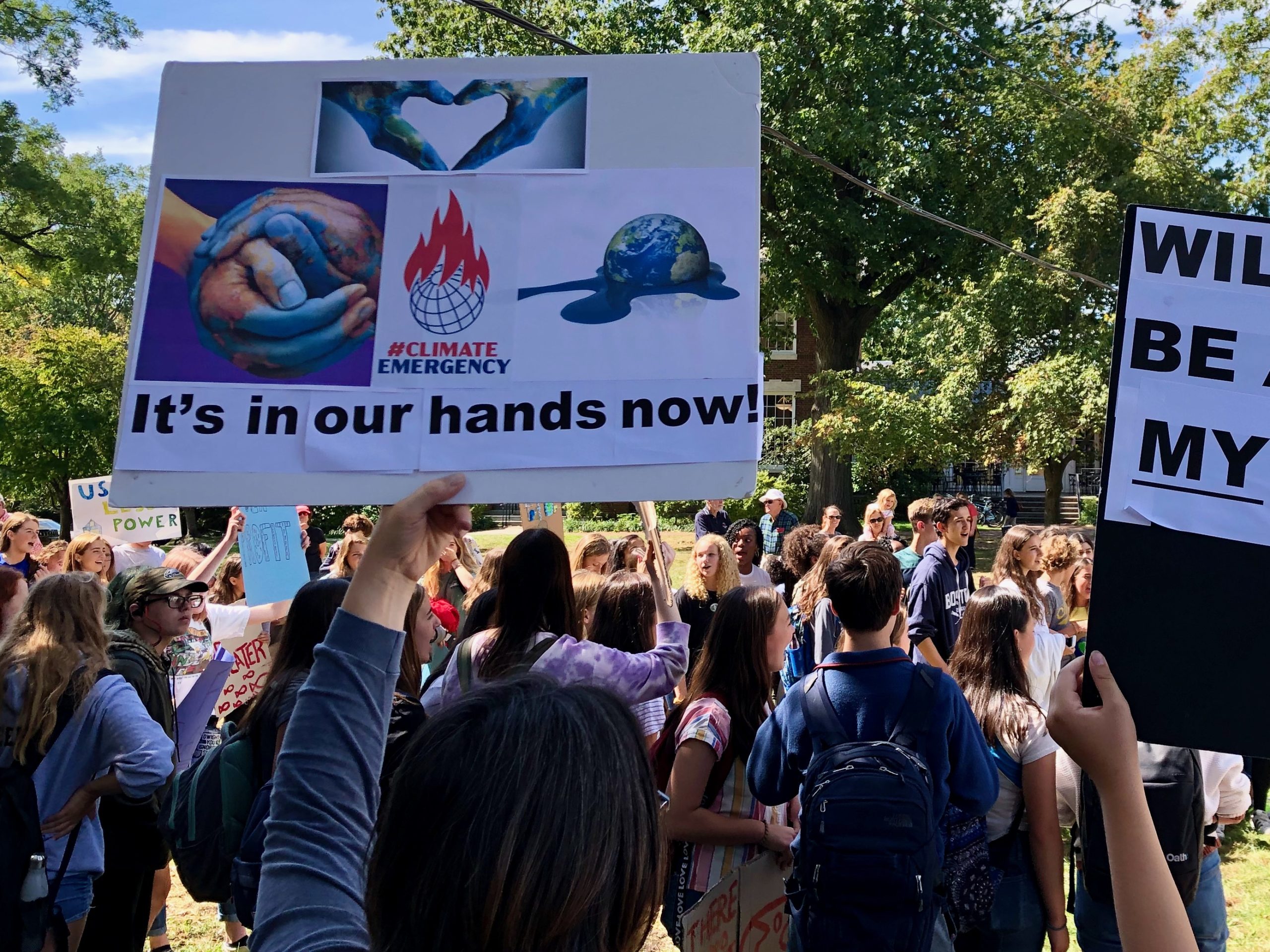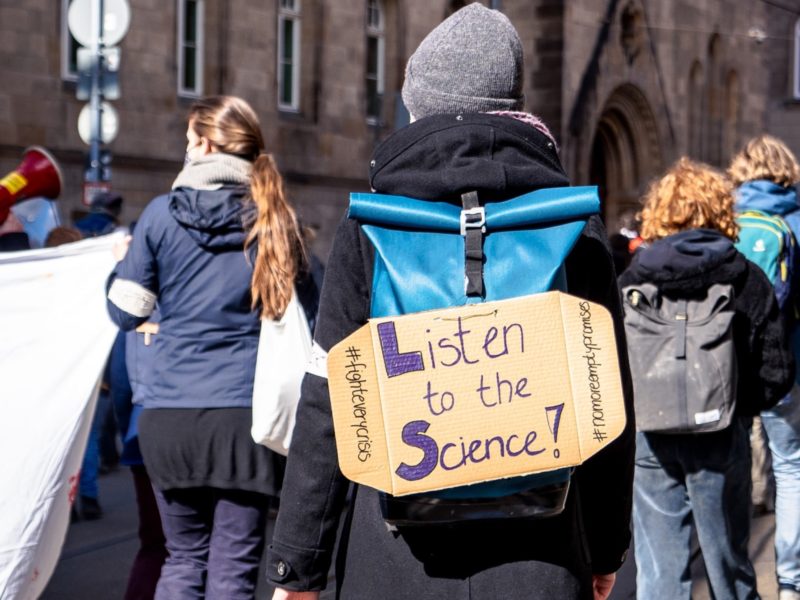Climate change myths abound. Why? Well, there’s a lot of power and money behind all this storytelling. The recent study of oil giant ExxonMobil’s climate change messaging strategies is just a glimpse of what we’re up against in the battle against climate propaganda. Exxon’s decades-long rhetoric campaign has downplayed the reality and seriousness of climate change while shifting blame from industry to individual activities.
These and other industry tactics have been successful in casting doubt on the seriousness of climate change. If we have any hope of combatting this climate crisis we need to open our eyes to the perpetrated climate change myths circulating out there and understand how to debunk them.
5 Common Climate Change Myths
Stop Worrying About Carbon Dioxide!

This is one of the more common climate change myths. Here’s how it goes: Trees and plants need carbon dioxide to live and the amount of CO2 in the atmosphere is minuscule, so what’s all the fuss about a bit more? Climate deniers also assert that any alleged increase in CO2 is not caused by human activity.
Count former EPA chief Scott Pruitt in as a proponent of this myth. Shortly after he took charge of the agency in 2017, he told CNBC that he didn’t see a link between CO2 and climate change, claiming that “there’s tremendous disagreement about the degree of impact.”
The Truth
A lot of evidence stands ready to debunk the Scott Pruitts of the world.
It’s true that plant life depends on carbon dioxide, but the issue here is CO2 concentration. Carbon dioxide levels have risen by nearly 50% since pre-industrial levels and are the highest they’ve been in the last 800,000 years. The rate of increase is also unnatural, with the annual rate of increase over the past 60 years occurring about 100 times faster than previous natural increases.
More carbon dioxide is not better. As a greenhouse gas, CO2 absorbs and traps heat in the atmosphere. When concentration levels are too high, the greenhouse effect causes the earth’s atmosphere to trap more heat and contribute to global warming.
What’s causing this rapid increase in CO2 levels? The scientific evidence indicates that the increase is caused primarily because of the human activity of burning fossil fuels, such as coal and oil.
I’m Freezing! So Much for “Global Warming”

Remember Trump’s pleas for “global warming to come back fast” in order to combat record low temperatures across the country? This is an example of one of the classic climate change myths: If the planet is warming, how is it that we’re experiencing all this cold weather?
A riff on this myth is that the earth’s climate has always changed, so global warming is due to natural causes.
The Truth
Our former president needs a lesson in the difference between weather and climate.
The weather is what’s happening to you right now. The weather here in Rye today is sunny and warm. The forecast tomorrow is for more of the same.
Climate, by contrast, is the long-term shift in average temperatures across the entire planet. I like the way NOAA frames it: “Climate is what you expect, the weather is what you get.”
Global warming is the increase in the earth’s average surface temperature over time and global temperatures are now at their highest in recorded history. What’s most alarming is the rate of temperature increase with an average increase since 1981 twice the rate since 1880. This is in no way a natural phenomenon and is caused by human activity.
Confusion over the distinction between climate and weather is why climate scientists prefer to use the term “climate change” (or “anthropogenic (manmade) climate change”), which captures the variability and extremities of our changing planet.
Climate Science Isn’t Settled

Climate skeptics point to the “many scientists,” including Dr. Willie Soon, who don’t ascribe to the manmade climate change “theory.” After all, they argue, it’s not 100% consensus within the scientific community.
This is one of the climate change myths that is also fueled by the climate denier rumor mill, most notably, a smear campaign, dubbed “Climategate,” over emails stolen from a group of climate scientists.
The Truth
The first thing to know is that rarely is there 100% consensus. The reality is that the vast majority of scientists are in agreement about human-caused climate change: The consensus is shared by 90%–100% of publishing climate scientists. To put that in perspective, NASA atmospheric scientist Kate Marvel explained “We are more sure that greenhouse gas is causing climate change than we are that smoking causes cancer.”
So, why is there doubt about scientific consensus? We can thank the many sophisticated and heavily funded misinformation campaigns designed to “attack consensus and exaggerate uncertainties” on the science of climate change. Add in the smattering of scientists — many funded by the fossil fuel industry — who are a vocal contingent in casting doubt on accepted research. Lastly, it didn’t help that we had four years of climate disinformation spewed out by the Trump White House.
And Climategate? It’s been roundly debunked.
Climate Action Will Hurt the Economy

This one isn’t about climate science skepticism, per se, but more about a grudging acceptance that while something is happening to our planet, any aggressive climate action is prohibitively expensive and will tank the economy. Indeed, one of former President Trump’s main reasons for pulling out of the Paris Climate Accord was because climate action was “job-killing” and would limit economic growth.
Then there’s Sen. Ted Cruz who stated that by rejoining the Paris Climate Agreement, President Biden indicated “he’s more interested in the views of the citizens of Paris than in the jobs of the citizens of Pittsburgh.”
To pile on the job-killing theme, naysayers assert that economic growth is dependent on fossil fuel consumption, so decarbonization will decimate the livelihoods of low-income Americans, particularly coal miners and oil and gas workers.
The Truth
For the most economically disadvantaged populations, climate inaction causes them more harm. The intensification of weather events that destroy homes, and food and water supplies disproportionately hurt low-income populations, leaving them more vulnerable to the future effects of a changing planet.
The reality is that taking action on climate change helps both the planet and the economy, where demand for cheap clean energy has a positive effect on the economy. Over the past 15 years, a decoupling of CO2 emissions and economic growth has occurred — evidence that the economy can thrive without fossil fuel consumption.
Not taking action could actually hurt the economy: a recent study shows that climate inaction could cause “substantial socio-economic losses” and the global economy could lose as much as $792 trillion by the end of the century.
To be sure, there are initial costs in the decarbonization of the economy, but investment in climate-friendly infrastructure will pay off in the long run for the environment and humans. The challenge is to create the political will for substantive action. What can you do? Support and vote for political candidates who promote climate action.
It’s Too Late. Nothing Can Be Done

This is one of the climate change myths that both deniers and accepters can succumb to. It’s a fatalistic view of the world that doesn’t jibe with reality.
The Truth
Yes, there’s a lot to be done to tackle this crisis, and yes, if we don’t take concerted action now, the effects of climate change will have devastating consequences, but there is still time.
Corporations must take responsibility to help curb climate change and legislatures must do more to institutionalize climate protections, but we all have a role to play. Each one of our individual actions collectively makes a positive impact. So whether it’s making changes in your personal life or taking on more substantive climate action, make a commitment to being part of the movement to battle climate change.
You’ve made a good start by equipping yourself with the facts to debunk climate change myths. Keep going.









